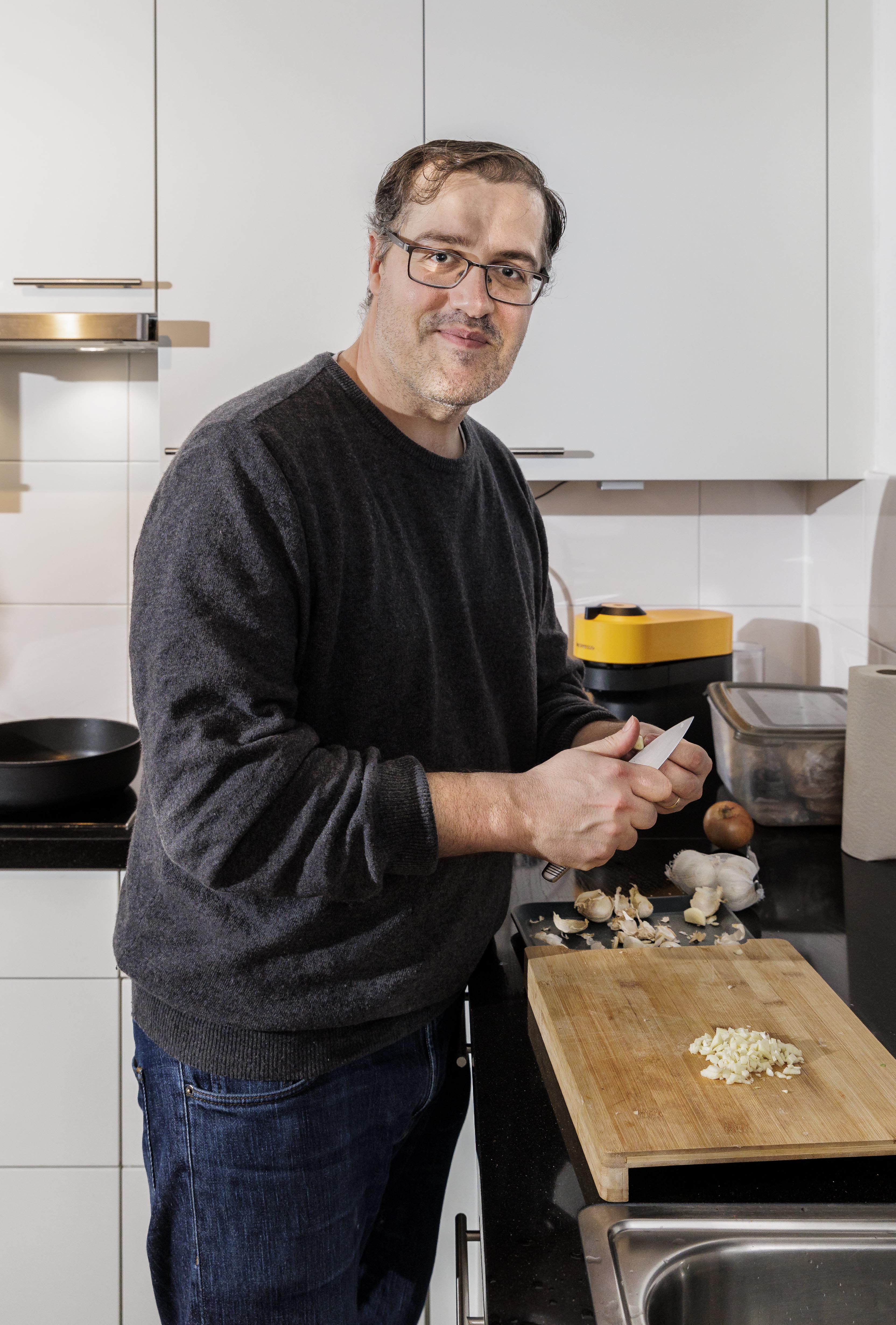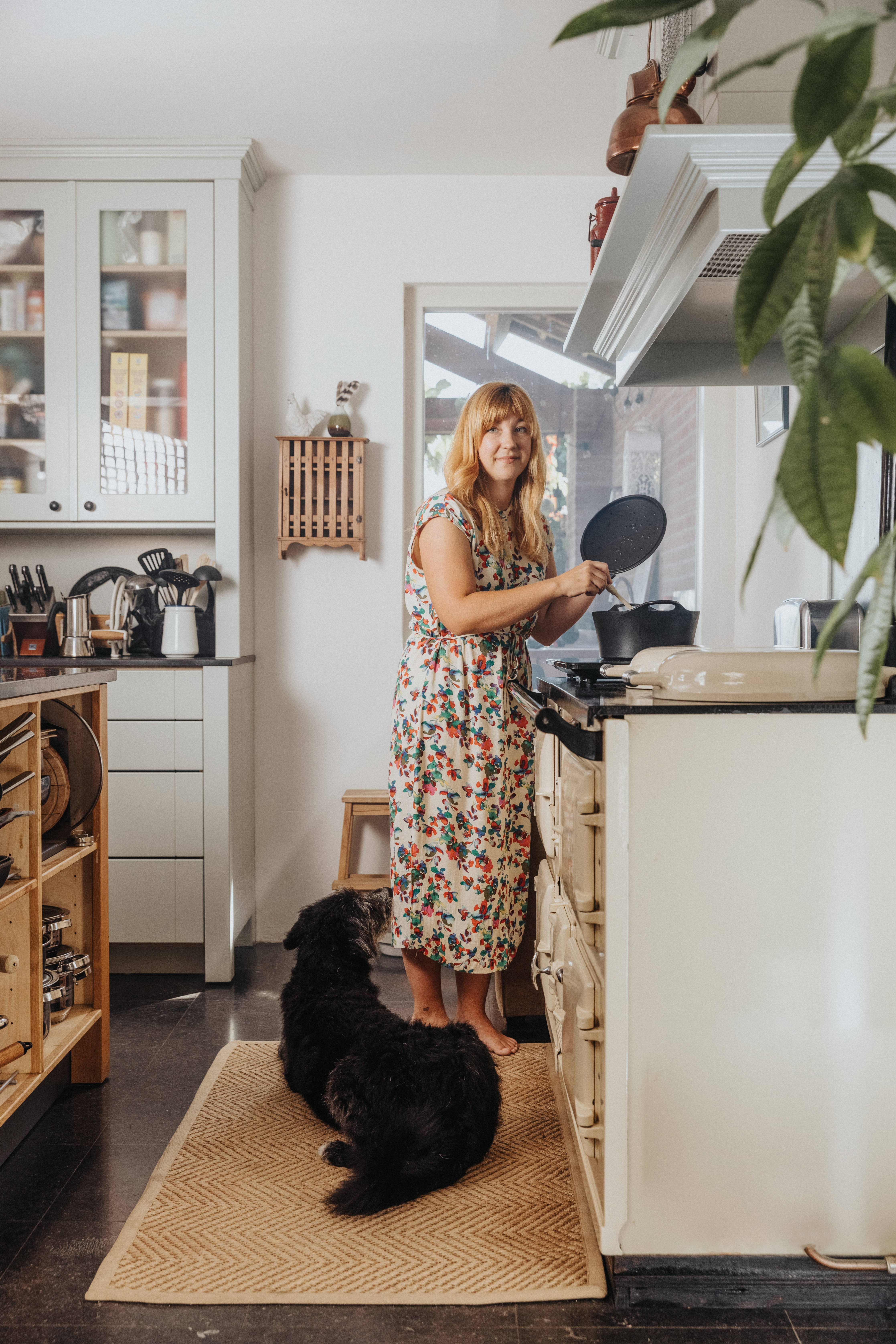Hand washing angels: a high-impact social initiative
Hand washing with soap is critical in the fight against infectious diseases, including COVID-19. It is one of the most cost effective and reliable low-cost ‘vaccines’ that can prevent communicable diseases and yet, according to UNICEF, we see nearly 900 million children who have either limited or no hand washing facilities at their school and a staggering 47% of schools worldwide do not have hand washing facilities with soap and water.
At a time when we are so conscious of the importance of washing our hands, many of us take for granted our access to clean water and soap and we don’t think twice about this commonplace behavioural activity. It is something that was already part of many people’s regular rituals at home, at school and at work. “Have you washed your hands?” a familiar refrain in many family households before dinnertime.


Blue soap at Kenyan school
However, most children in developing countries haven’t been raised with hand washing as a priority. Even with the increase in the accessibility of soap and water, it seems difficult to change habits and increase hand hygiene. Determined to break that vicious circle, a global team took a behaviour point of view to build hand hygiene into a daily routine for young children. The team started the ‘Hand Washing Angels’ initiative with children at the Royal Gate School in Bondo, Kenya in late 2019, with a ‘blue and behaviour’ child hand soap design that involved over 4000 hand washing moments.
The initiative, created and led by Edward Huizenga – UMIO’s Professor in Strategy, Innovation and Change, along with Diversey and colleagues at Benthurst and Co, uses behavioural science research as the starting point for this project. The interdisciplinary project group started looking at ways of building hand hygiene into a daily routine that improves personal hygiene in young children. They used nudging and behaviour change techniques and applied them to hand washing to put a habit building mechanism in place and make daily hygiene habits become a reality.
“The community in Bondo, Kenya was very enthusiastic. It is a private school and they embraced this innovative idea. By design, we did not want to start in the capital city, which already gets a lot of help, but in a rural environment. Thanks to Paul and Irene Blankers, teachers in the Netherlands who are closely connected to the school, we were able to make the connection with the school, and thanks to them, we could start this project”.
NUDGING TECHNIQUES FOR THE LONG TERM
With the help of Diversey, a tailor-made prototype of blue foaming hand soap was developed to provide a new sensorial experience that increased the visibility of the hand washing process. In parallel, a 7-step hand washing motivation approach was developed. Nudging techniques such as the use of instant gratification, micro rewards, angel motivation stickers, and creating a special moment at the start of the day for the ritual, encouraged the children to make the daily moments a habit, not only at school, but more importantly at home with the family. The field study showed children’s excitement of the daily hand washing routines at school extended to the family behaviour at home, which was a real game changer.
SPREADING THE WORD
Based on the surveys done, the children’s response to the initiative was the most significant: “All the kids told us that they would wash their hands like this at home. Additionally, every child was excited to show what they had learnt to their families at home. If they actually follow through on this, that would mean that the Hand Washing Angels project does not just create a habit of good behaviour for the kids in the project, but has a far wider reach: all the way to the family members at home!”
BEHAVIOUR SCIENCE FOR SOCIAL IMPACT
Edward Huizenga initiated this project at the launch of his UMIO Business Practice Chair in 2019. “I had the big idea together with Simon Blyth, a colleague at Benthurst, and we brought this to life at the UMIO Practice Chair launch. As part of the Professor Chair, I designed the Behaviour Change for Good programme (BCFG) with the idea of bringing behaviour science to the practice field and the aim is to start each year with a societal impact project. This is the first project of the first year of the chair. I am so proud this works. It gives me lots of energy, and without any budget we were able to engage a team of 10 people to collaborate on this endeavour! I was able to get cooperation from Diversey, a large cleaning and hygiene company. Next year I have shortlisted a few new projects.”

Scaling up the impact
Based on the positive outcomes of this pilot at the end of 2019, the team is now aiming to scale it up across schools on the African continent soon, starting in Uganda. Paul Blankers, one of the team members who witnessed the full pilot at Royal Gate School remarked: “Helping them was nice, empowerment is what they need right now”. The development of the COVID-19 global pandemic, just a few months after the pilot was concluded, highlights the vital importance of making hand washing part of the daily routines among children all over the world and will hopefully help prevent infections.
Source: UMIO Prime
Also read
-
David Baião Barata was born and raised in Castelo Branco, in eastern Portugal. His mother cooked typical Portuguese cuisine: hearty soups, lots of meat, everything doused in olive oil. It was only during his studies in cell and molecular biology in Lisbon that he began cooking for himself. And it...
-
In recent years, there has been quite some debate surrounding the value of rakings. So the question is: do university rankings really matter that much? Fair question. In this article, SBE’s Dean Mariëlle Heijltjes and SBE’s Associate Dean Gaby Odekerken weigh in on the subject.
-
When she first laid eyes on the AGA cooker during the viewing five years ago, she knew the house was meant to be hers. To Alexx Allen-de Rijk, who grew up in the United States and England, this iconic stove brand is the epitome of home comfort. Her best friend Pip’s parents had one. “When we came...


